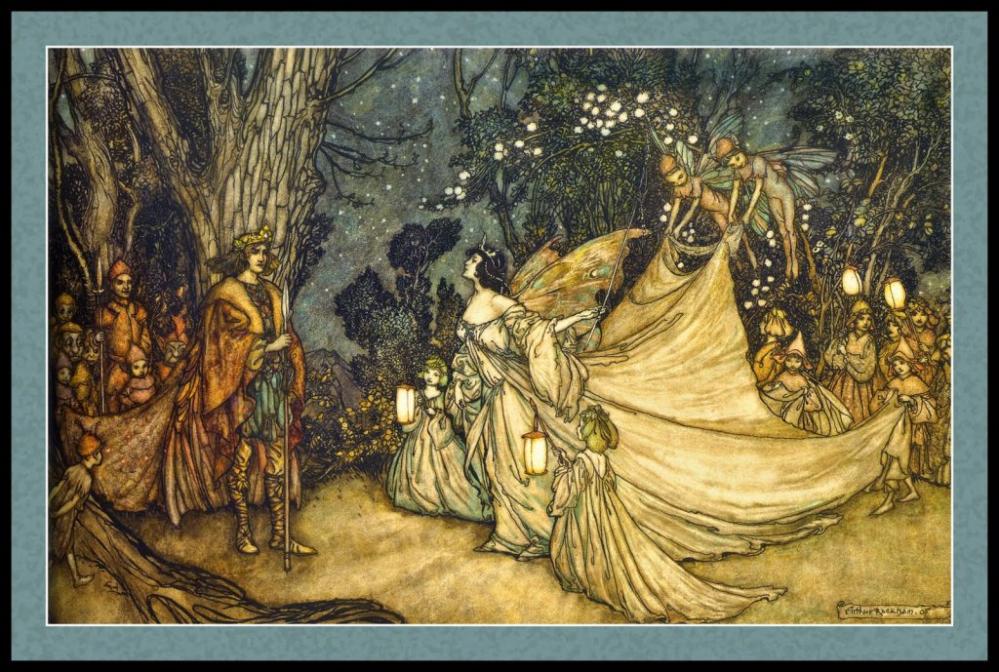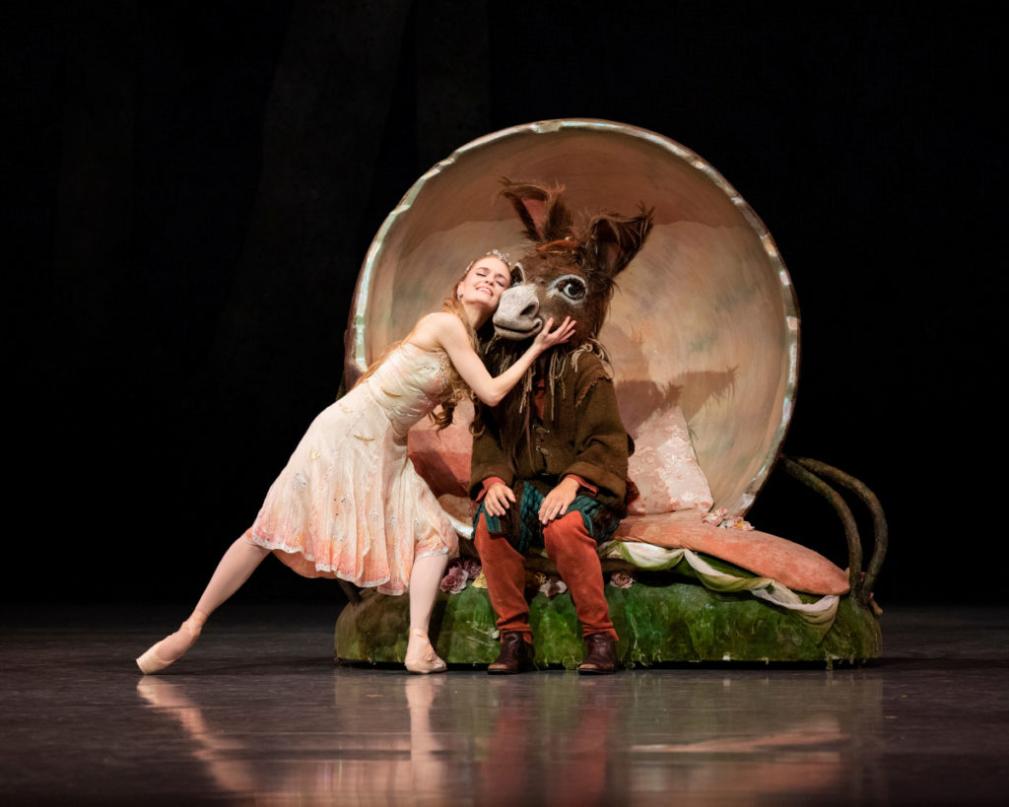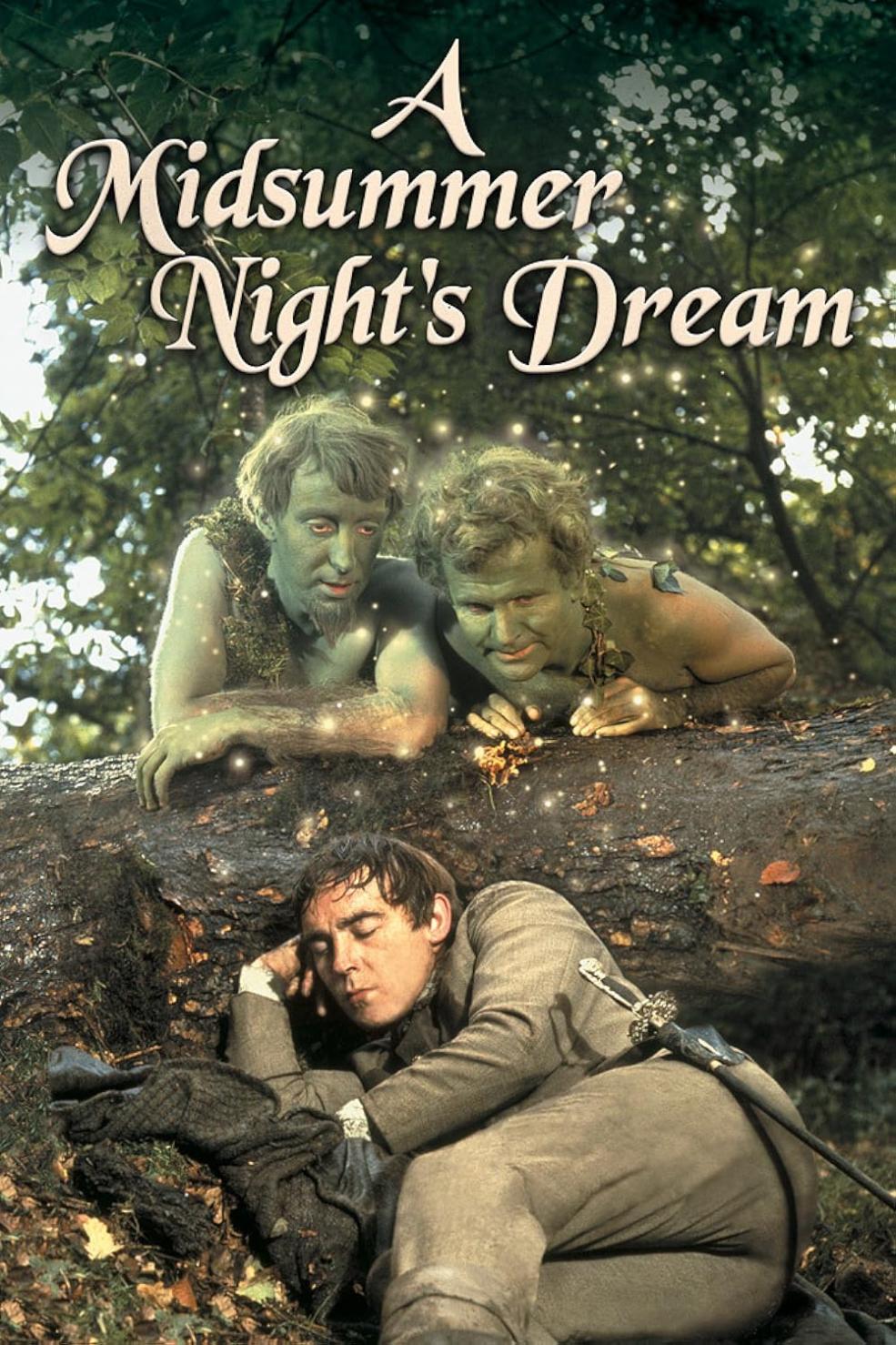How Does Shakespeare Use Humor to Create a Lighthearted and Entertaining Tone in His Plays?
William Shakespeare, widely regarded as the greatest writer in the English language, left an indelible mark on English literature with his remarkable contributions to drama and poetry. His plays, characterized by their timeless themes, profound insights into human nature, and intricate language, continue to captivate audiences worldwide.

Among Shakespeare's many literary techniques, his skillful use of humor stands out as a defining characteristic of his writing. Through humor, Shakespeare creates a lighthearted and entertaining tone in his plays, engaging audiences and adding depth and complexity to his characters.
Shakespeare's Unique Style Of Humor
Shakespeare's humor is as diverse as his characters and plots. He employs a wide range of comedic devices, including wordplay, puns, irony, and slapstick comedy. His humor is often subtle and witty, requiring careful attention to the text to fully appreciate its nuances.
- Wordplay and Puns: Shakespeare frequently uses wordplay and puns to create humorous effects. He cleverly manipulates words, phrases, and double entendres to evoke laughter and surprise.
- Irony: Shakespeare also employs irony to create humor. He often juxtaposes contrasting elements or situations to generate comedic tension and highlight the absurdities of human behavior.
- Slapstick Comedy: While Shakespeare's plays are not primarily known for slapstick comedy, he occasionally incorporates physical humor to elicit laughter. These moments often involve pratfalls, mistaken identities, and other physical mishaps.
Examples Of Shakespeare's Humor In Plays
Shakespeare's plays are replete with humorous scenes and dialogues that effectively demonstrate his mastery of comedy. Some notable examples include:
- The banter between Beatrice and Benedick in Much Ado About Nothing: Beatrice and Benedick engage in a witty and playful verbal sparring match, exchanging barbs and insults that highlight their mutual attraction.
- The drunken antics of Sir Toby Belch and Sir Andrew Aguecheek in Twelfth Night: These two characters provide comic relief with their drunken antics and misadventures, often leading to hilarious misunderstandings.
- The slapstick comedy in A Midsummer Night's Dream: The play features several scenes of physical humor, such as the transformation of Bottom into a donkey and the antics of the mechanicals as they rehearse their play.
Functions Of Humor In Shakespeare's Plays

Humor serves various functions in Shakespeare's plays, contributing to the overall tone, character development, and dramatic effect:
- Creating a Lighthearted and Entertaining Atmosphere: Shakespeare's humor helps create a lighthearted and entertaining atmosphere, making his plays more enjoyable and accessible to audiences.
- Providing Comic Relief and Breaking Tension: Humor provides comic relief and breaks tension in moments of high drama or tragedy. It allows audiences to momentarily escape the intensity of the plot and experience moments of laughter.
- Satirizing Social and Political Issues: Shakespeare often uses humor to satirize social and political issues of his time. Through humor, he critiques societal norms, political corruption, and human folly.
- Adding Depth and Complexity to Characters: Humor can add depth and complexity to characters by revealing their quirks, vulnerabilities, and human flaws. It makes characters more relatable and sympathetic to audiences.
- Enhancing the Overall Dramatic Effect: Humor can enhance the overall dramatic effect of a play by creating contrast and highlighting the play's themes and messages. It can also heighten the impact of dramatic moments by providing a sudden shift in tone.
Impact Of Humor On The Audience
Shakespeare's humor has a profound impact on the audience, engaging, entertaining, and connecting with audiences of all ages and backgrounds:
- Engaging and Entertaining: Shakespeare's humor engages and entertains audiences by providing moments of laughter and lightheartedness. It makes his plays more enjoyable and accessible, encouraging audiences to remain invested in the story.
- Connecting with Audiences: Humor has the ability to connect with audiences on a personal level. It creates a sense of shared experience and understanding, fostering a bond between the audience and the characters.
- Standing the Test of Time: Shakespeare's humor has stood the test of time and continues to resonate with modern audiences. His plays remain relevant and enjoyable centuries after they were written, a testament to the universality of his comedic genius.

Shakespeare's use of humor is an integral part of his literary legacy. Through humor, he creates a lighthearted and entertaining tone in his plays, engages audiences, and adds depth and complexity to his characters. His humor serves various functions, from providing comic relief to satirizing social issues. The enduring appeal of Shakespeare's humor lies in its ability to connect with audiences of all ages and backgrounds, making his plays timeless and universally enjoyed.
YesNo

Leave a Reply